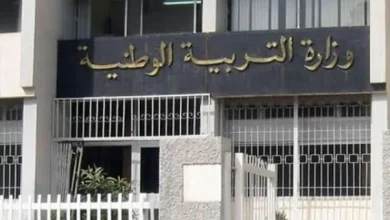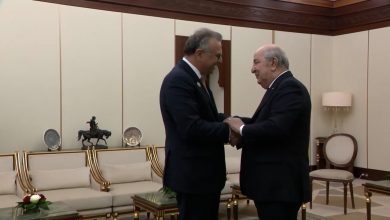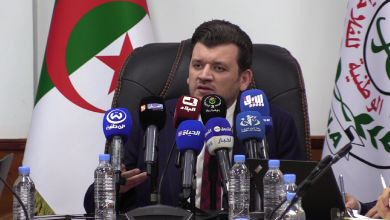In a recent diplomatic move, Victoria Nuland, the Acting U.S. Deputy Secretary of State, embarked on a visit to Niger, engaging with the new military government. Nuland, known for her foreign policy expertise, held discussions with the military government’s leaders regarding the risks of foreign interference, drawing attention to her prior involvement in the Ukrainian coup of 2014.
During a special press briefing on Monday, Nuland shared insights from her meetings with the military government’s defense chief, Moussa Barmou, and other senior commanders. She described these discussions as candid and sometimes challenging.
Nuland emphasized her encouragement for the coup leaders to explore diplomatic solutions and return to constitutional order, advocating for a peaceful resolution to the situation.
Addressing recent reports that the Nigerien military government sought support from the Wagner Group PMC, a Russian private defense contractor, Nuland expressed caution. She warned about the potential threats associated with enlisting the services of the Wagner Group, highlighting concerns for national sovereignty when collaborating with such entities.
Nuland’s visit evokes memories of her prior involvement in Kiev before the Maidan coup in 2014, where she famously distributed pastries to Ukrainian demonstrators rallying for a pro-Western direction for their nation.
In another development, Nigeria has shown willingness to contribute a significant portion of the required forces to restore constitutional order in Niger. According to reports from French radio broadcaster RFI, Nigeria is prepared to commit more than half of the troops needed for such an endeavor.
The Economic Community of West African States (ECOWAS) issued a seven-day ultimatum to Niger’s coup-imposed government, urging the release of detained President Mohamed Bazoum and the restoration of dissolved institutions following the recent coup. While the deadline passed without military intervention, the situation remains tense.
Nigerian President Bola Tinubu’s request for Senate approval for a potential troop deployment to Niger faced opposition from lawmakers. While condemning the coup, legislators emphasized the importance of diplomatic measures in addressing the crisis.
Niger’s new leadership has warned against external military intervention, with Burkina Faso and Mali expressing solidarity and cautioning against such actions.
A recent survey conducted by The Economist indicated that a majority of Nigeriens polled support the takeover and favor the coup leaders retaining power until new elections can be held.
Despite growing tensions, sources cited by the Wall Street Journal suggest that members of ECOWAS are not yet prepared for a full-scale military intervention in Niger, emphasizing the need for strategic readiness.

As regional dynamics evolve, Algeria’s President Abdelmadjid Tebboune has cautioned against hasty military interventions, underscoring the potential consequences for regional stability.
Chad, while not a part of ECOWAS, has stated its commitment to avoiding military intervention, emphasizing the importance of maintaining stability in the region.
As diplomatic efforts continue and regional stakeholders assess the situation, the international community closely watches developments in Niger.



